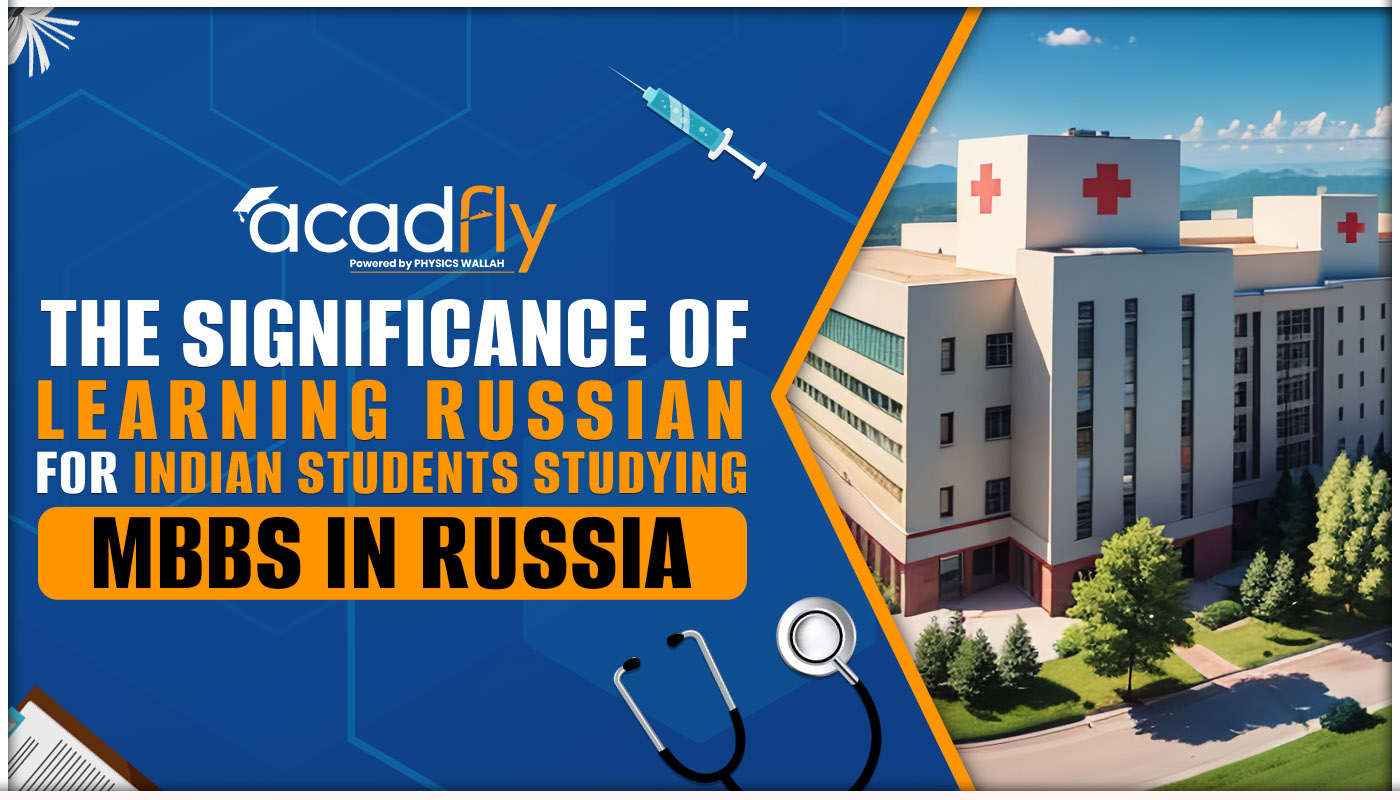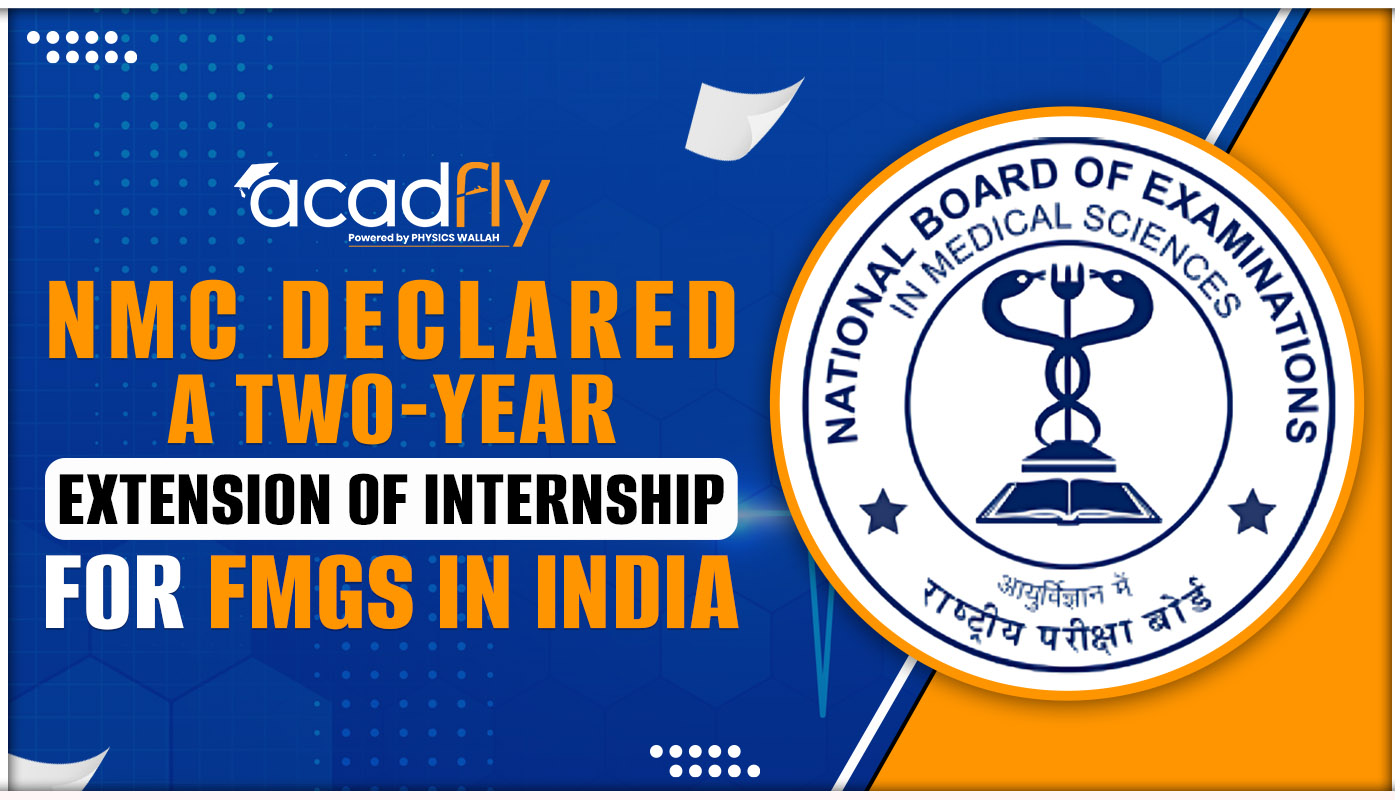
The University of Dundee is a public research university in Dundee, Scotland, founded in 1881 as a university college. It became an independent university in 1967, retaining connections to its heritage as part of the University of St Andrews. The main campus is located in Dundee's West End, housing key facilities like the Duncan of Jordanstone College of Art and Design and Dundee Law School. Additional campuses include Ninewells Hospital for medicine and clinical research, and facilities in Perth and Kirkcaldy for health sciences. The university's annual income for 2022–23 was £325.3 million.
Facts About University of Dundee
-
Motto: The Latin motto of the University of Dundee, Magnificat anima mea dominum, translates to "My soul doth magnify the Lord" in English.
-
Type: The University of Dundee is a public university.
-
Established: The university gained independent status in 1967 by royal charter, though it was a constituent college of the University of St Andrews since 1897, and previously known as University College since 1881.
-
Academic staff: The university employs 1,440 academic staff as of the 2022/23 academic year.
-
Administrative staff: There are 1,770 administrative staff members at the university in 2022/23.
-
Students: The total student population at the University of Dundee is 17,365 for the 2022/23 academic year.
-
Undergraduates: There are 11,145 undergraduate students enrolled at the University of Dundee.
-
Postgraduates: The university has 6,220 postgraduate students in the 2022/23 academic year.
-
Location: The University of Dundee is located in Dundee, Scotland, UK.
-
Affiliations: The university is affiliated with various organizations including ACU, Universities Scotland, and Universities UK.
-
Website: The official website for the University of Dundee is dundee.ac.uk.
University of Dundee: Campuses
The University of Dundee has two main campuses that support its diverse academic offerings and research initiatives. The City Campus, located in the heart of Dundee, is the primary hub for most of the university’s faculties, offering a mix of historic and modern facilities. The Kirkcaldy Campus, located in Fife, focuses on health sciences, particularly nursing and midwifery, providing specialized education and clinical placement opportunities.
City Campus
The City Campus, located in the West End of Dundee, is the main hub of the University of Dundee and has grown significantly since its establishment in 1881. The campus contains a mix of historic and modern buildings, offering a vibrant academic environment. Some of the key buildings and facilities on City Campus include:
Carnelley Building (1883): The earliest purpose-built facility on campus, originally housing a chemistry laboratory.
Geddes Quadrangle: Home to the Carnegie, Harris, and Peters Buildings, which were constructed in 1909. This area is named after Patrick Geddes, a former professor and urban planner.
Ewing Building (1954): The first post-war building on campus, dedicated to engineering.
Fulton Building (1964): The home of the civil and mechanical engineering department.
Tower Building (1961): A 140-ft tall modernist building designed by Robert Matthew, housing various academic and administrative departments.
Belmont Halls of Residence (1963): Student accommodation inspired by Danish design.
Dalhousie Building: A dedicated teaching space introduced in the 2000s as part of the campus's modernization efforts.
These buildings, alongside modern additions and renovated historic structures, support the university's academic and research initiatives, making the City Campus a key part of the University's vibrant community.
Kirkcaldy Campus
The Kirkcaldy Campus, located on Forth Avenue in Kirkcaldy, Fife, serves as the base for the University of Dundee's School of Nursing and Health Sciences. The campus offers specialized degrees in nursing, midwifery, and other health-related fields. Some key features of this campus include:
Nursing and Health Sciences Facilities: Designed to provide high-quality education for healthcare professionals.
Clinical Placement Opportunities: In collaboration with NHS Fife, students gain practical experience in real-world healthcare settings.
This campus provides a focused and supportive environment for students pursuing careers in healthcare, offering them the tools and experience they need to succeed in the healthcare industry.
Eligibility Criteria for Admission to the University of Dundee
The University of Dundee has specific eligibility requirements for admission, which vary depending on the program level (undergraduate or postgraduate) and the applicant's academic background. Prospective students should ensure they meet the general criteria as well as the specific requirements for their chosen course. Below are the key eligibility criteria for admission to the University of Dundee.
1. Academic Qualifications
Applicants are required to have completed the necessary academic qualifications for their chosen course. For undergraduate courses, this typically includes having completed secondary education equivalent to UK A-levels or other recognized qualifications. For postgraduate programs, a relevant bachelor's degree or equivalent is required.
2. English Language Proficiency
For non-native English speakers, proof of English language proficiency is essential. Accepted tests include IELTS, TOEFL, or other equivalent qualifications. The required score may vary by program, but typically a minimum IELTS score of 6.0-6.5 is required for undergraduate courses and 6.5-7.0 for postgraduate courses.
3. Specific Course Requirements
Some courses, especially those in specialized fields like medicine, law, and engineering, may have additional requirements, such as subject-specific qualifications or work experience. Applicants should check the specific course page for detailed information on any additional criteria.
4. Visa and Immigration Requirements
International students will need to meet the visa and immigration requirements set by the UK government. This includes providing proof of sufficient financial support, a valid passport, and meeting health requirements as part of the student visa application process.
5. Interview or Portfolio (If Applicable)
Certain programs, such as those in art, design, or healthcare, may require a portfolio of work or an interview as part of the admissions process. This is to assess the applicant’s suitability and skills for the course. Applicants should check whether their chosen course has this additional requirement.
Courses Offered at the University of Dundee
The University of Dundee offers a wide range of courses across various disciplines to cater to the diverse interests of students. From arts and humanities to sciences and engineering, the university provides programs that equip students with the necessary skills and knowledge to succeed in their chosen careers. Below is a list of the key courses available at the University of Dundee.
|
Faculty/Department |
Course Name |
Duration |
Mode of Study |
|
School of Medicine |
Medicine (MBChB) |
5 years |
Full-time |
|
School of Dentistry |
Dentistry (BDS) |
5 years |
Full-time |
|
School of Life Sciences |
Biology (BSc) |
3 years |
Full-time/Part-time |
|
School of Engineering and Technology |
Mechanical Engineering (BEng) |
4 years |
Full-time |
|
School of Social Sciences |
Social Work (BA) |
3 years |
Full-time |
|
School of Education and Social Work |
Education Studies (BA) |
3 years |
Full-time |
|
School of Computing |
Computer Science (BSc) |
3 years |
Full-time/Part-time |
|
School of Business |
Business Management (BA) |
3 years |
Full-time/Part-time |
|
School of Law |
Law (LLB) |
3 years |
Full-time |
|
School of Art and Design |
Fine Art (BA) |
3 years |
Full-time |
|
School of Health Sciences |
Nursing (BSc) |
3 years |
Full-time |
|
School of Humanities |
English Literature (BA) |
3 years |
Full-time |
|
School of Architecture and Urban Planning |
Architecture (BArch) |
5 years |
Full-time |
Admissions Process at the University of Dundee
The University of Dundee offers a streamlined admissions process for both undergraduate and postgraduate programs. The steps are designed to ensure that applicants are assessed thoroughly and fairly. Below is an outline of the admissions process to guide prospective students through each stage.
1. Application Submission
-
For undergraduate courses, students must apply via the UCAS portal, providing personal details, academic history, and course preferences.
-
Postgraduate applicants apply directly through the University of Dundee's online portal with necessary documents like transcripts, personal statements, and recommendation letters.
Once the application is submitted, the university's admissions team will begin processing the forms. Applicants are encouraged to submit all required documents in advance to avoid delays.
2. Document Review and Shortlisting
-
The admissions team carefully reviews each application, ensuring eligibility based on academic qualifications and submitted materials.
-
Shortlisted candidates may be asked for further documentation or interviews, depending on the program.
After reviewing the documents, the team evaluates applicants based on their qualifications and how they meet the program's specific requirements. Some programs may request additional steps like a portfolio or interview.
3. Offer Letter
-
If the applicant meets the requirements, an offer letter will be issued, which can either be unconditional or conditional.
-
Conditional offers are given when applicants need to meet specific criteria before final acceptance.
The offer letter will contain details of the conditions to be met (if any) and instructions on how to accept the offer. It is important to carefully follow these instructions to secure your place.
4. Acceptance of Offer
-
Applicants must accept the offer through the UCAS system (for undergraduates) or directly via the university portal (for postgraduates).
-
Students need to pay any required deposits or tuition fees as part of their acceptance process.
By accepting the offer, applicants confirm their intention to study at the University of Dundee. After acceptance, students can begin planning for their arrival and enrollment.
5. Visa Application and Final Preparations
-
International students will need to apply for a student visa to study in the UK.
-
The university will provide assistance with visa documentation and pre-departure advice.
Once a visa is granted, students can begin making travel and accommodation arrangements. It is recommended that students attend the orientation sessions to prepare for life in Dundee.
6. Enrollment and Registration
-
Upon arrival, students must complete their enrollment process, which includes attending orientation and registering for courses.
-
Students will receive their student ID and be introduced to university resources.
Frequently Asked Questions
1. What are the entry requirements for the University of Dundee?
2. How can I apply to the University of Dundee?
3. What scholarships are available for international students?
4. What accommodation options are available for students?
5. Is there any support for international students?










